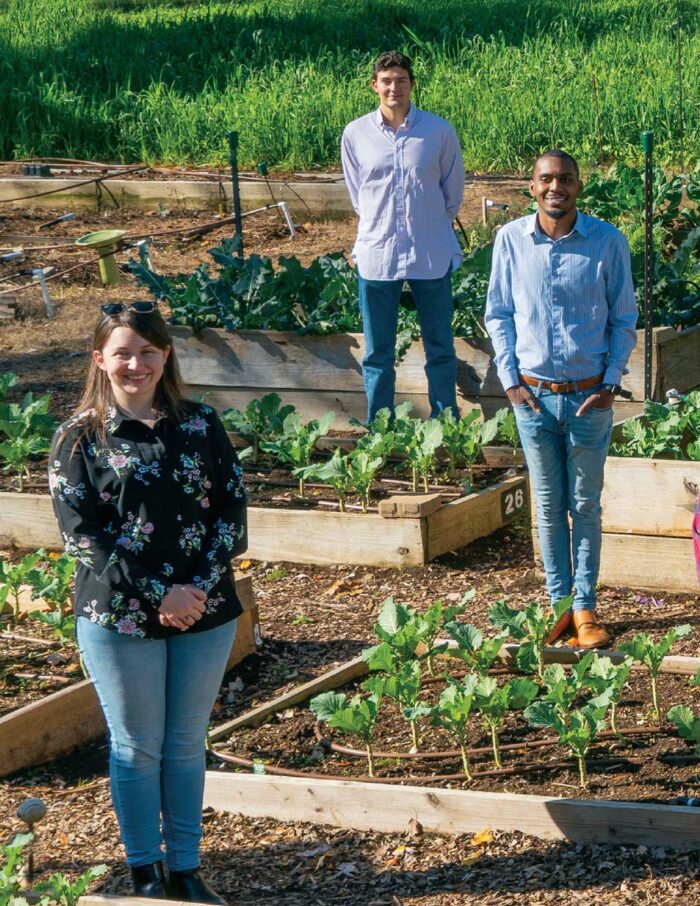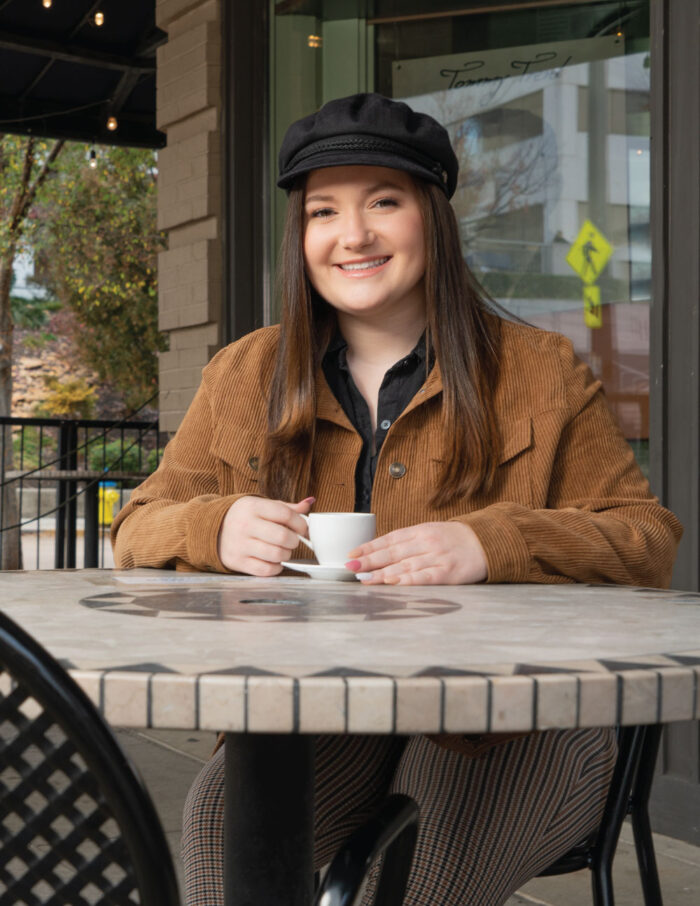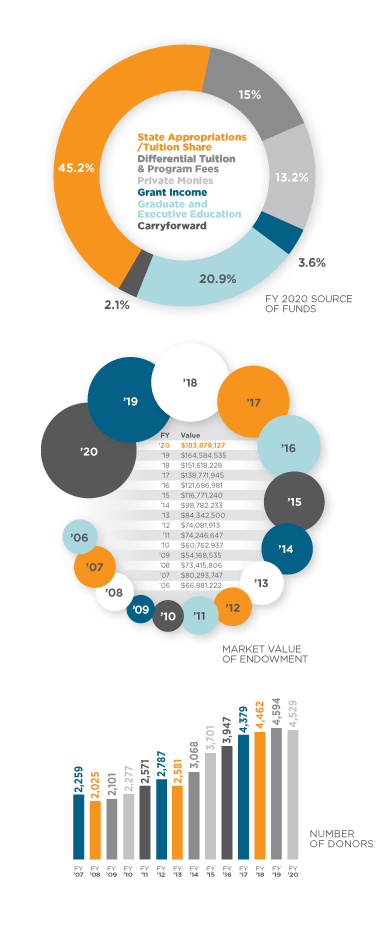Transformational Ties
 Group Of People Standing - Winter 2021 image
A landmark 2014 gift to the business school from three generations of the Haslam family fueled a transformation in undergraduate education, research, and experiences at the college that continues today. The $50 million gift not only created the Haslam College of Business, it helped to position it as a top-tier business school.
Group Of People Standing - Winter 2021 image
A landmark 2014 gift to the business school from three generations of the Haslam family fueled a transformation in undergraduate education, research, and experiences at the college that continues today. The $50 million gift not only created the Haslam College of Business, it helped to position it as a top-tier business school. 




